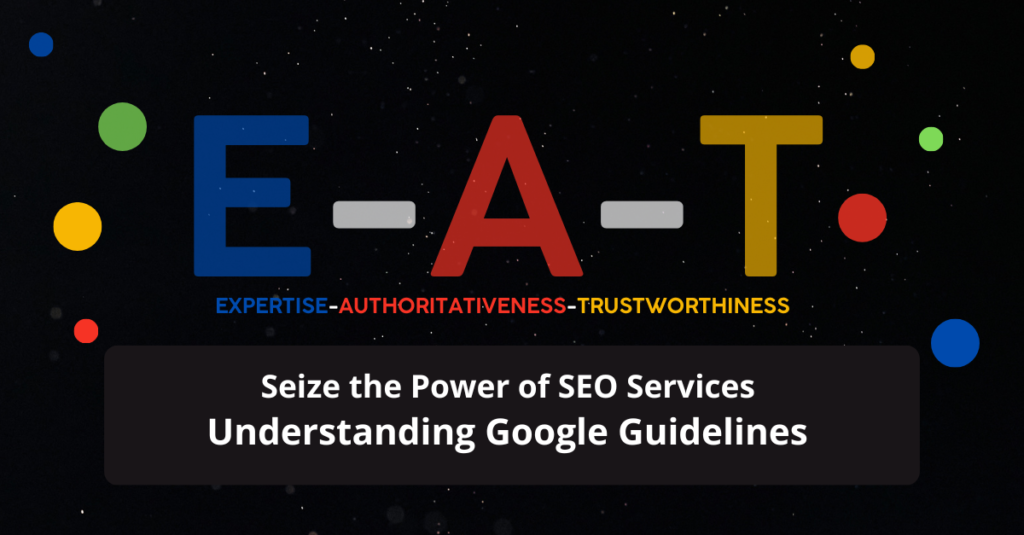
Understanding the Google SEO August 2024 Core Update

Understanding the Google SEO August 2024 Core Update
Google’s Core Updates are significant events in the SEO world, affecting search rankings and online visibility for websites across the globe. The August 2024 Core Update, like previous updates, aims to improve the quality of search results by fine-tuning how Google assesses and ranks web content. This article explores the details of the August 2024 update, its implications for website owners, and the broader context of Google’s Core Updates over the years.
What Are Google Core Updates?
Google Core Updates are major algorithm changes that impact how search results are ranked. Unlike regular algorithm tweaks that happen almost daily, Core Updates are broad and often involve deep changes to Google’s search algorithms and systems. These updates are designed to ensure that Google is delivering the most relevant and authoritative content to users based on their queries.
Google typically releases a few Core Updates each year. These updates can cause significant shifts in search rankings, with some websites gaining visibility and others losing it. The impact of these updates can vary widely across different industries and types of content.
The August 2024 Core Update: What’s New?
The August 2024 Core Update continues Google’s trend of refining its search algorithms to better meet user needs. While Google has not disclosed the specific changes made in this update, the company emphasized that the principles guiding these changes remain consistent with past updates. The focus is on improving the accuracy, relevance, and quality of search results.
One key area of focus in the August 2024 update is content quality. Google has reiterated the importance of creating content that is useful, informative, and aligned with user intent. Websites that provide in-depth, well-researched, and original content are more likely to benefit from this update. Conversely, sites with thin, low-quality content may see a decline in their search rankings.
Technical aspects of SEO also continue to be important. Google’s search algorithms consider factors like site speed, mobile-friendliness, and secure connections (HTTPS) when ranking pages. Ensuring that a website is technically optimized can help mitigate any negative impacts from Core Updates.
The Importance of E-A-T: Expertise, Authoritativeness, Trustworthiness

E-A-T: Expertise, Authoritativeness, Trustworthiness
Google’s search algorithms are increasingly emphasizing the importance of E-A-T (Expertise, Authoritativeness, Trustworthiness) in content ranking. The August 2024 Core Update reinforces this trend, making it more critical than ever for websites to demonstrate their authority in their respective fields.
Expertise refers to the knowledge and skill of the content creators. Content written by recognized experts in a particular field is likely to rank higher. Authoritativeness is about the credibility of the website or content creator. Trustworthiness, meanwhile, relates to the accuracy and reliability of the information provided.
Websites that consistently produce high-quality, authoritative content are better positioned to thrive in the wake of Core Updates. For businesses and content creators, this means investing in content that reflects deep expertise and establishing a strong reputation online.
Historical Context: A Brief Overview of Past Core Updates
To understand the significance of the August 2024 Core Update, it’s useful to look back at the history of Google’s Core Updates and their impact on the SEO landscape.
- Panda Update (2011): One of the earliest major updates, Panda targeted low-quality content and “content farms.” It was designed to lower the rank of sites with thin content and promote those with original, high-quality material.
- Penguin Update (2012): Penguin focused on eliminating black-hat SEO tactics, particularly those involving link schemes and keyword stuffing. It aimed to improve the quality of search results by penalizing sites that used manipulative techniques to achieve higher rankings.
- Hummingbird Update (2013): Hummingbird introduced a more sophisticated understanding of search queries, focusing on user intent rather than just keywords. This update laid the groundwork for Google’s move towards semantic search.
- Mobilegeddon (2015): Officially known as the Mobile-Friendly Update, this algorithm change prioritized mobile-friendly websites in search results. As mobile browsing became more prevalent, Google adapted its algorithms to ensure users had a better experience on their devices.
Medic Update (2018):
While not officially named by Google, the Medic Update significantly impacted health and medical websites, as well as other “Your Money or Your Life” (YMYL) pages. This update emphasized the importance of E-A-T for sensitive content areas.
- BERT Update (2019): The Bidirectional Encoder Representations from Transformers (BERT) update improved Google’s understanding of the context of words in search queries. It was a significant leap forward in natural language processing, allowing Google to better comprehend user intent.
- May 2020 Core Update: Released during the early months of the COVID-19 pandemic, this update had a wide-reaching impact. It highlighted the importance of relevance and fresh content, as users sought accurate information during a rapidly changing global situation.
- December 2020 Core Update: This update continued the trend of prioritizing high-quality content, with an emphasis on page experience signals such as Core Web Vitals, which measure aspects of user experience like load time, interactivity, and visual stability.
- August 2023 Core Update: Before the 2024 update, this was the most recent Core Update. It continued refining Google’s algorithms to better reward high-quality, relevant content. This update also placed more emphasis on user experience and the technical performance of websites.
How to Respond to the August 2024 Core Update
For website owners and SEO professionals, responding to a Core Update involves a mix of proactive and reactive strategies. Here are some key steps to consider:
- Audit Your Content: Conduct a thorough review of your existing content. Identify pages that may be underperforming and assess whether they meet current quality standards. Look for opportunities to update, expand, or improve content to better serve user intent.
- Focus on User Experience: Ensure your website is easy to navigate, loads quickly, and is mobile-friendly. Google continues to place a high value on user experience, so addressing any technical issues is crucial.
- Enhance E-A-T: Strengthen your site’s expertise, authoritativeness, and trustworthiness. This might involve updating author bios, citing reliable sources, and ensuring your content is accurate and well-researched.
- Monitor Performance: Keep a close eye on your site’s performance in search results after the update. Use tools like Google Analytics and Google Search Console to track changes in traffic, rankings, and user behavior.
- Stay Informed: Google frequently updates its guidelines and best practices. Staying informed about these changes can help you adapt your SEO strategy and maintain your site’s visibility.
The August 2024 Core Update is a reminder of the dynamic nature of SEO and the importance of maintaining a flexible, quality-focused approach. As Google continues to evolve its search algorithms, website owners must stay vigilant, adapting their strategies to meet new challenges and opportunities. By focusing on content quality, user experience, and E-A-T, you can help ensure your site remains resilient in the face of future updates.
For further information and detailed guidance, refer to the official announcement by Google.
When hiring SEO Experts please make sure to check on their Case Studies of SEO Campaigns the are running.